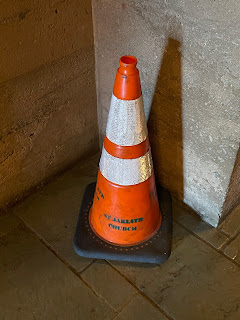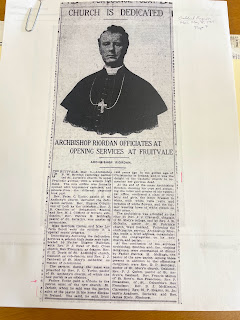That viral tweet that's like "sometimes I don't feel like writing because everything is connected and I can't get into all that right now" is so real for that.
There's so much I want to say about teaching and learning (and beauty and suffering) in American public high schools, but every time I think about sitting down to write, I get totally overwhelmed at how to organize what I want to say such that other people want to read it and think (and feel) about it.
I've been running my mouth since early quarantine days about the TV show that somebody should write about American public high schools. Maybe I could hang my thoughts on a narrative structure, an ensemble cast big enough to let the audience glimpse at the complexity of this particular ecosystem but small enough to let the audience feel some stab of the tragedy of wasted potential en masse. Also it should have a lot of funny parts. It's a lot. Indeed, as Ms. Lauryn Hill reminds us "Everything is everything."
So to disrupt my paralysis, I've resolved to just write on here some things that I want to say and trust that the organization will emerge as I start to see the bits on the page, which is incidentally, what I tell my students to do alllllllll the time.





